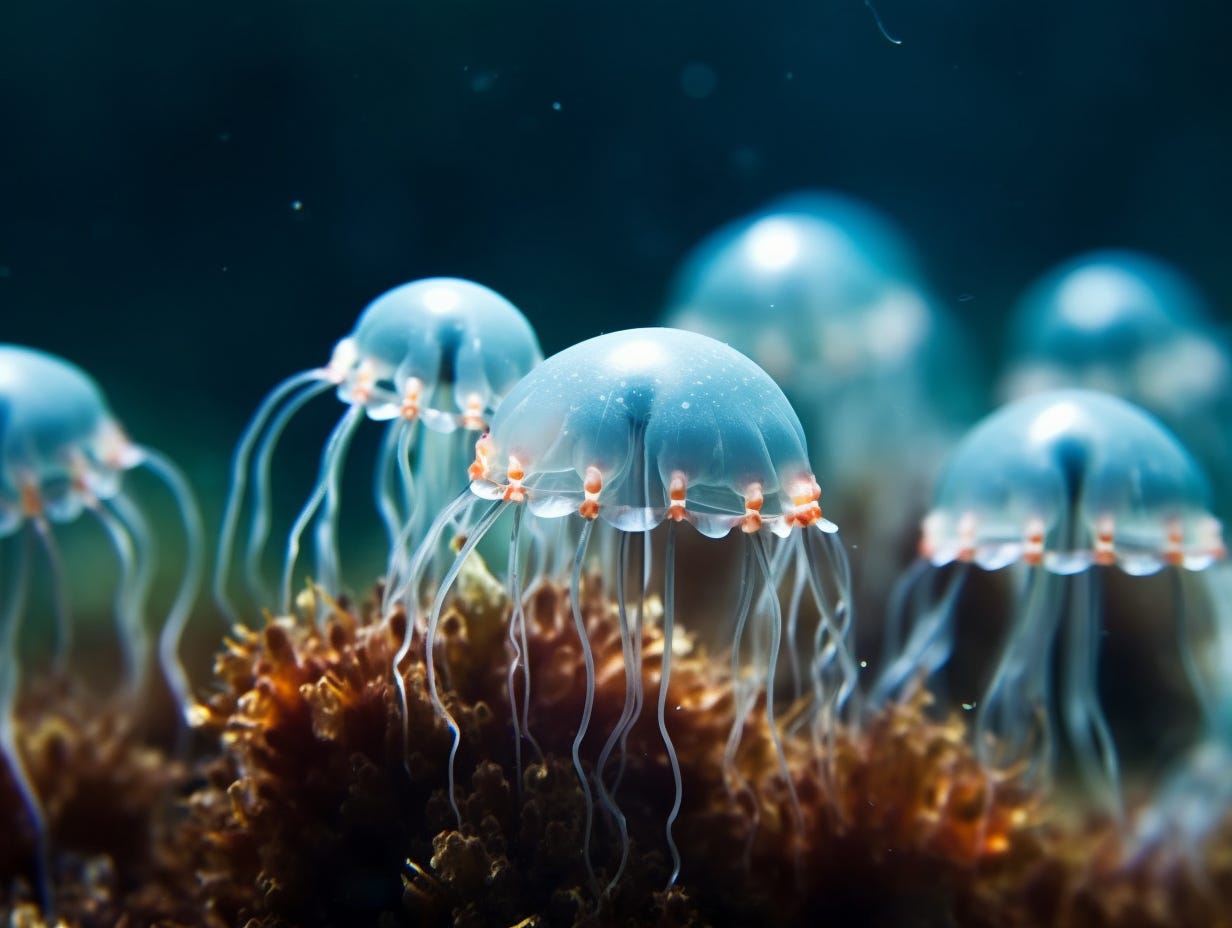🐠 Ocean census, ancient DNA, female astronauts: Last week in science
Ocean census will identify 100,000 new marine species in 10 years, and the DNA study uncovered who wore an ancient pendant 20,000 years ago — here's a look at last week's science news.
Ocean census
Scientists described less than 10 per cent of the marine species on Earth. To learn more about the remaining ocean creatures, researchers have launched the Ocean Census project to identify 100,000 new sea species in a decade. The project will make its data and 3D digital images available.
Ancient DNA from a pendant
Scientists have recovered an ancient human genome from an Upper Palaeolithic deer tooth pendant found in Denisova Cave, Russia. Nuclear DNA analysis identified the pendant's owner as a female from a group of Ancient North Eurasian individuals who lived in Siberia around 20,000 years ago.
Female space exploration
Female astronauts have lower water requirements for hydration, total energy expenditure, oxygen consumption and metabolic heat production during space exploration missions than their male counterparts. These data point to the potential advantages of all-female crews during future human space exploration missions.
Elia Kabanov is a science writer covering the past, present and future of technology (@metkere)
You can also read this post in Russian.
Illustration: Elia Kabanov feat. MidJourney.


